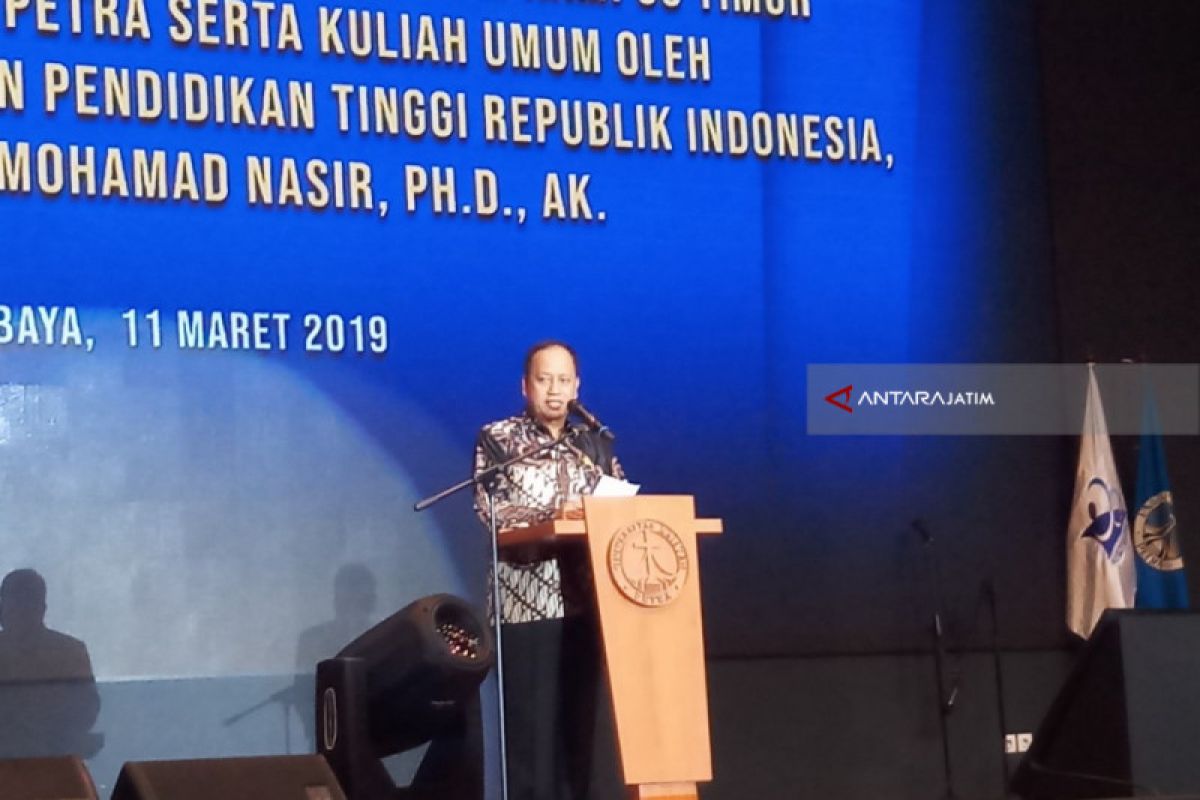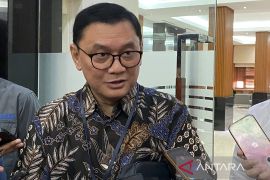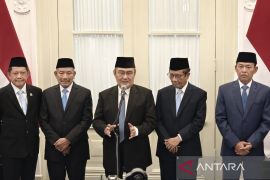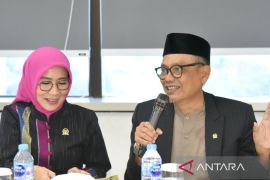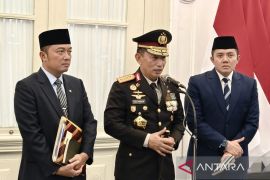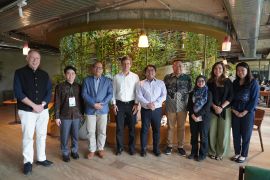"We have encouraged the Indonesian scientists' diaspora to return to Indonesia, and they can be recruited to become civil servants. We have submitted our request to the Administrative and Bureaucratic Reform Ministry ]," he told journalists after inaugurating Petra Christian University's new buildings in the East Java city of Surabaya on Monday.
The Indonesian scientists' diaspora have had their own research and innovation though they are averagely 35 years old. With their high reputation and achievement, they are believed to be able to help strengthen the reputation of Indonesian universities, he said.
Nasir further noted that around five thousand Indonesians currently work as lecturers at various reputable universities in such countries as the United States of America, Australia, Germany, and Japan.
"If they can help Indonesia, it will be so remarkable. I had ever met an Indonesian scientist's diaspora at Stanford University. He has developed his own innovation in Mechatronics Engineering. Currently, he is employed by the USA though he is an Indonesian," Nasir said.
Among Indonesians residing and working abroad are microchip experts. "How can they get back to Indonesia," he said, adding that encouraging them to return was not easy because regulations need to be revised and sufficient funds should be provided.
President Joko Widodo has provided a greater budget for human resources development, and this increasing budget is expected to attract the Indonesian scientists' diaspora to return home.
Those wanting to return to Indonesia would be placed at the local universities which have collaborated with overseas higher institutions. The government and the Indonesian universities would co-finance the presence of the Indonesian scientists' diaspora in residence, he said.
So far, there have been 250 Indonesian diaspora who become teaching staff between 2017 and 2018. "This year, how do they reside in Indonesia. We need a huge amount of budget because they will compare migrants abroad to those in Indonesia," he said.
Translator: Rahmad Nasution
Editor: Eliswan Azly
Copyright © ANTARA 2019
